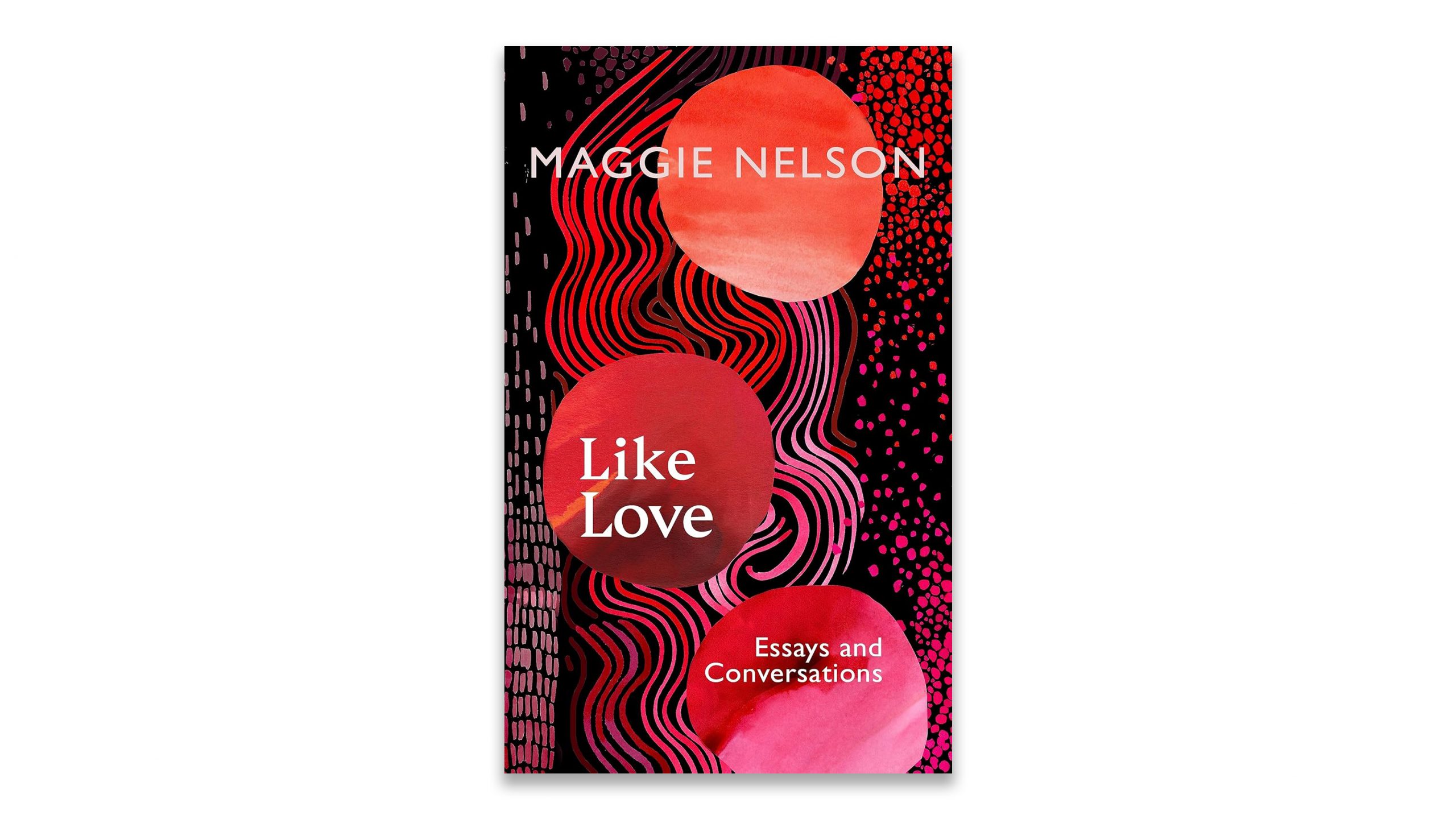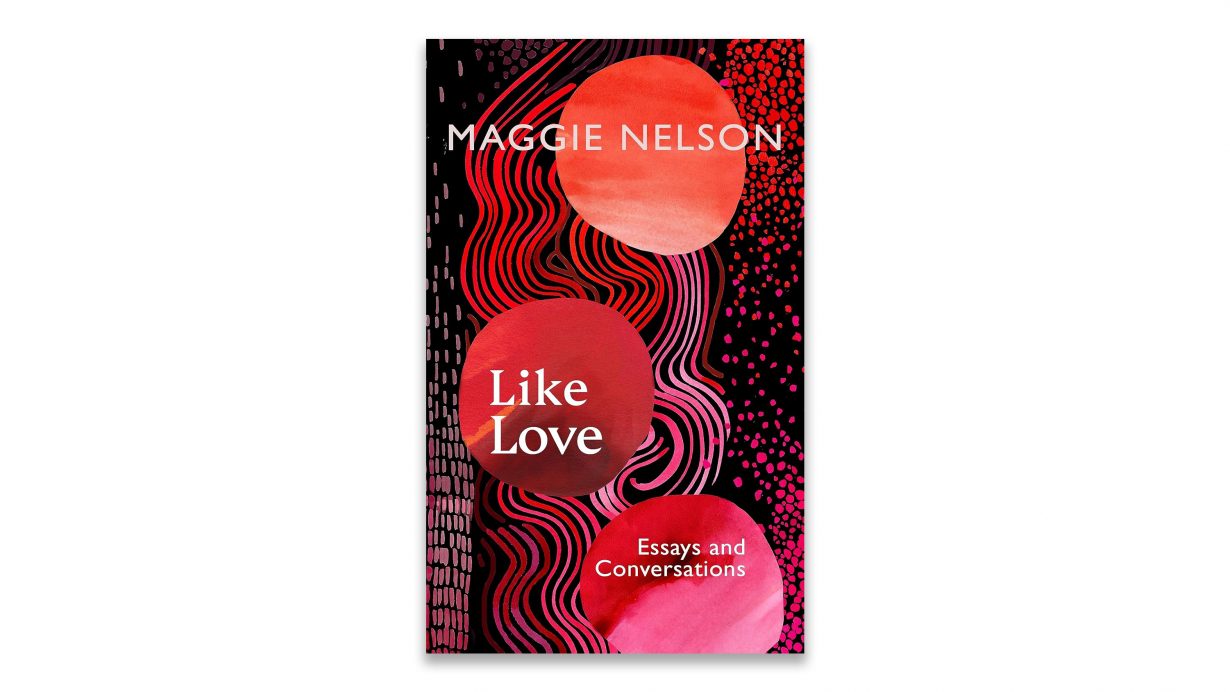“Like Love” by Maggie Nelson, review

In the author’s collection of introductions to other people’s books, reviews, interviews and commissioned essays for art catalogues, the plot seems absent, somewhere else

Does the writing lie in the writing itself, or in the sharing and discussion of that writing? Various versions of this question emerge when reading this collection of 30 texts written (whatever that means) between 2006 and 2023. It includes introductions to other people’s books, reviews, commissioned essays for art catalogues, and interviews with other writers. It does not represent Maggie Nelson’s “main” writings. “You never really know what is the main thing and what is a digression,” Nelson admits in a discussion with the poet and writer Eileen Myles. “We just have this ostensible idea that the real work is somewhere, and it never is. There is no There there.’ So this book is decidedly elsewhere, with Nelson’s responses to the writings of Ben Lerner, Natalia Ginzburg, Fred Moten, and Judith Butler, a bit of music (attributing good teenage sex to Prince), and a fair dose of contemporary artists like Nayland Blake, Kara Walker, Carolee Schneemann, and Sarah Lucas, to name a few. That most of these texts, in their original form, served as prefaces and introductions gives the book a misplaced feel, and Nelson’s commitment to avoiding spoilers means that the action seems absent and also elsewhere. On paper, the tone is friendly, academic, probing, but semi-formal; the writing style often doesn’t feel as alive or probing as Nelson’s essay collections—partly because most of the texts collected here are responses to a given occasion, be it a book, a film, or a sculpture: the answers are, in a sense, already there.
At its best, this book is a conscious representation of community: it collects moments of thinking aloud, generously sharing influences and readings. At other points, it is a conscious representation of the writing of that community: circular, with many names. Perhaps it is fitting, then, that some of the sharpest insights contained here are those of Nelson’s collaborators and interlocutors. In the exchange between Nelson and Björk, the musician concludes with reflections on what the future philosopher should be like, following the Nelson model: not someone who produces an extended pontificating “guitar solo,” but “someone like you, who collects the writings of our species, brings them together, and distills them into a human form that adds diaries and emotional responsibility.” Perhaps Like love is best viewed as a test drive to find out where the writing will lead.
Like love by Maggie Nelson. Fern Press, £20 (hardcover)



